Publisher
Routledge
ISBN 10
1032069791
Published
21 Dec 2022
Calmer corridors in secondary schools, better independent learning skills developed by older primary pupils, greater involvement of many parents in their children’s learning… As Tony Breslin explains in his book on ‘the educational legacy of COVID-19’, there were real advantages to teaching in “bubbles” during that interim phase between lockdown and schools fully re-opening,
Teachers, parents and pupils really appreciated these aspects of bubbling, though other features were less welcome: pupils’ limited opportunities to socialise, many secondary teachers’ exile from their specialist class bases, and of course the anxiety and stress caused by bubbles ‘bursting’ without warning, sending pupils and staff into isolation.
I don’t have to explain for Schools Week readers how bubbles worked, though Breslin spells it out. He points out how exhaustingly hard it was for school staff to deliver, quotes a headteacher as saying: “We’re all making it up as we go along,” and describes how bubbling in some primary schools with large classrooms could be a world away from what was possible in a secondary. “No two children, families, classes or year groups,” Breslin comments more than once, had the same experiences.
Bubble Schools is partly an account of what happened in schools and other educational establishments during 2020-21 seen through the eyes and given in the words of school leaders, governors, teachers, support staff, parents and pupils from different settings. This method captures the variety of experience and allows Breslin to draw broad, relevant conclusions.
A public policy analyst and a National Leader of Governance, Chair of Bushey Primary Federation and of the Education Committee in Anthem Schools’ Trust, Breslin has formerly been a school leader, a local authority school improvement adviser, a GCSE chief examiner at GCSE and A level principal examiner and CEO of the Citizenship Foundation. For him, the main point of recounting the history, important as this is of itself, is to ask: what are the lessons? What could be the legacy? So every chapter of Bubble Schools except the last concludes with a list of very well-informed recommendations.
The trilogy will perhaps serve asspaced retrieval practice for policy makers
For example, many will remember the disgraceful episode in December 2020 when some London Boroughs, faced with record numbers of Covid cases, decided to close their schools early for Christmas and the Secretary of State threatened legal action against them. Breslin recounts the facts in all their unbelievable detail – not improved by the added context of the video, released this week, of a Downing Street party that very night – then goes on to recommend greater local autonomy on decisions about opening and closing schools. Professionals delivering public services should not, he argues, be threatened with legal action by policymakers except in “the most extreme of circumstances”.
Bubble Schools is the second in a trilogy. Breslin’s much praised Lessons from Lockdown told of Covid’s effect on schools up to the end of the “eat out to help out” summer of 2020 when the Government, keen to ensure a swift return to ‘normality, insisted that schools re-opened as usual in September. The third instalment, Reschooling Society After Lockdown will pick up the story almost where Bubble Schools finishesin September 2021: ‘almost,’ because there is a deliberate overlap.
As this overlap no doubt makes inevitable, Breslin ends up repeating himself regularly for clarity and coherence. This can be irritating, particularly when he quotes from Lessons From Lockdown and repeats points made in it. But it does emphasise that all three books have a unity of purpose, and will perhaps serve as some kind of spaced retrieval practice to ensure policy makers retain the important lesson.
Having set himself a mission this broad which he executes in such depth, I can certainly forgive him some repetition. Indeed, it will be welcomed by readers of Bubble Schools who haven’t read Lessons from Lockdown, as will the additional appendix re-stating the recommendations from the earlier book.
This is a very important book. Easy to read and more likely to provide catharsis than to re-traumatise those who kept education going almost in spite of the DfE. It is a valiant effort to secure “a positive legacy from an awful episode”. I can’t wait for volume three.

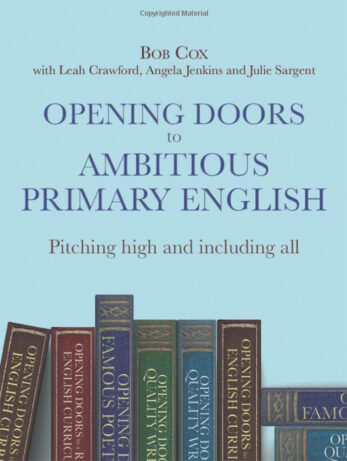

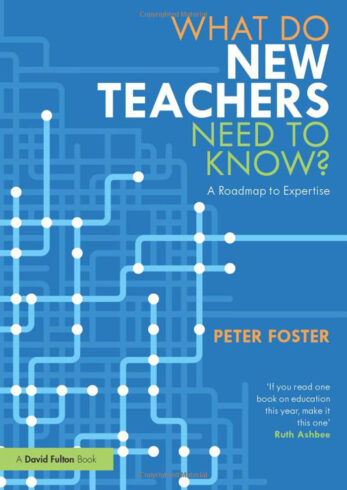
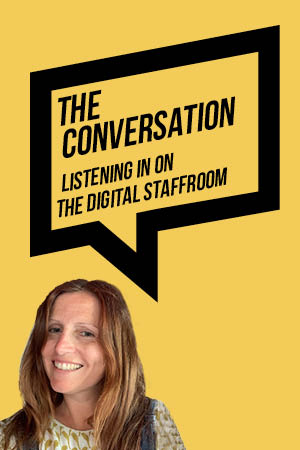
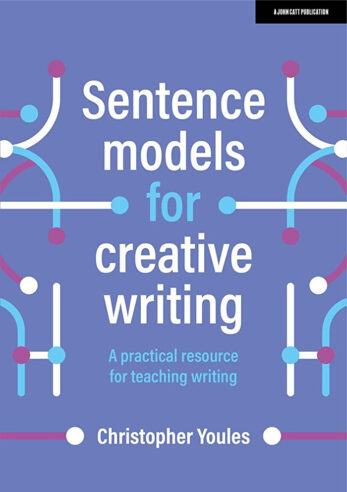
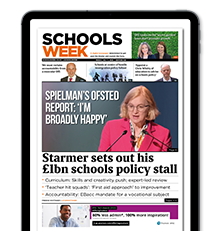
Your thoughts